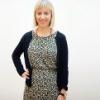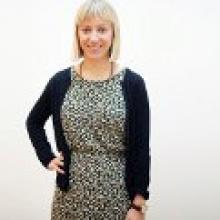About this module
As a researcher, it can be helpful to follow debates about science and medicine in the news. But how do you know which stories should be taken seriously and which are just ‘scares’? When scientists share conflicting results, how do you judge which version is correct?
This interactive module is designed to help those starting out on their research career decipher the information presented to them. It looks at the importance of the peer review process in confirming research has been assessed as valid, significant and original. And, it reminds us that researchers should never draw firm conclusions from just one paper or set of results!
You’ll come away understanding how researchers present and judge research and how you can probe and interrogate the scientific information presented to you.


